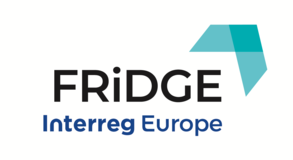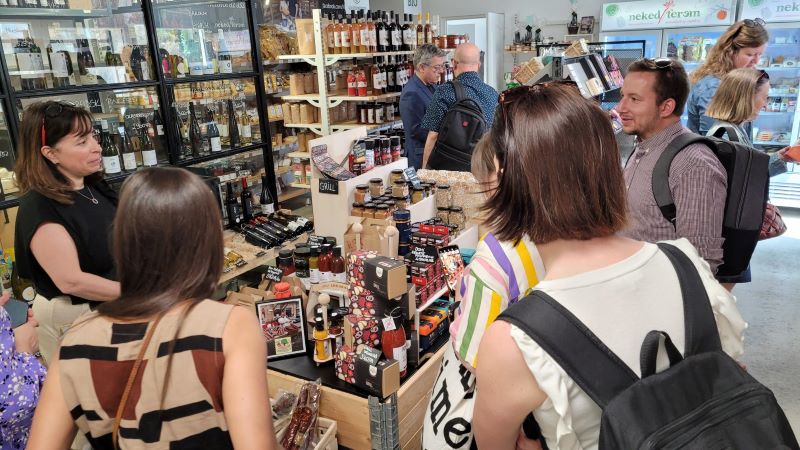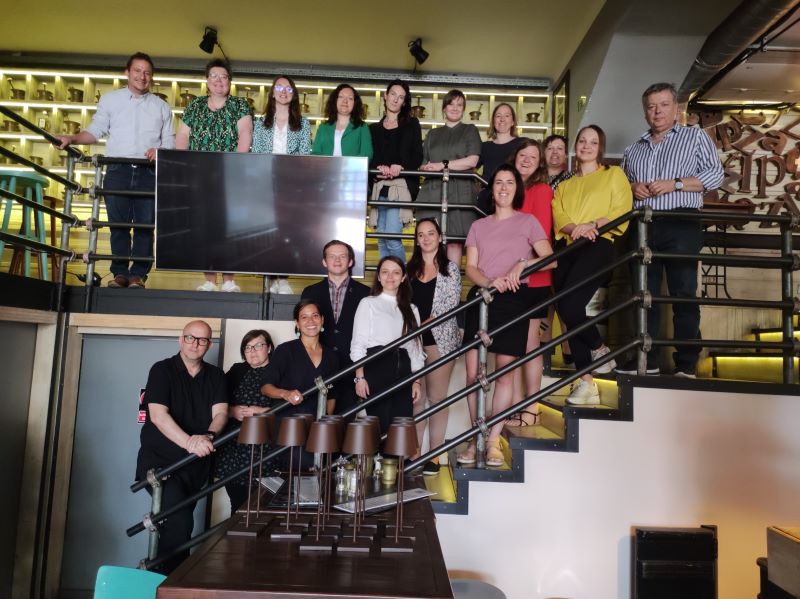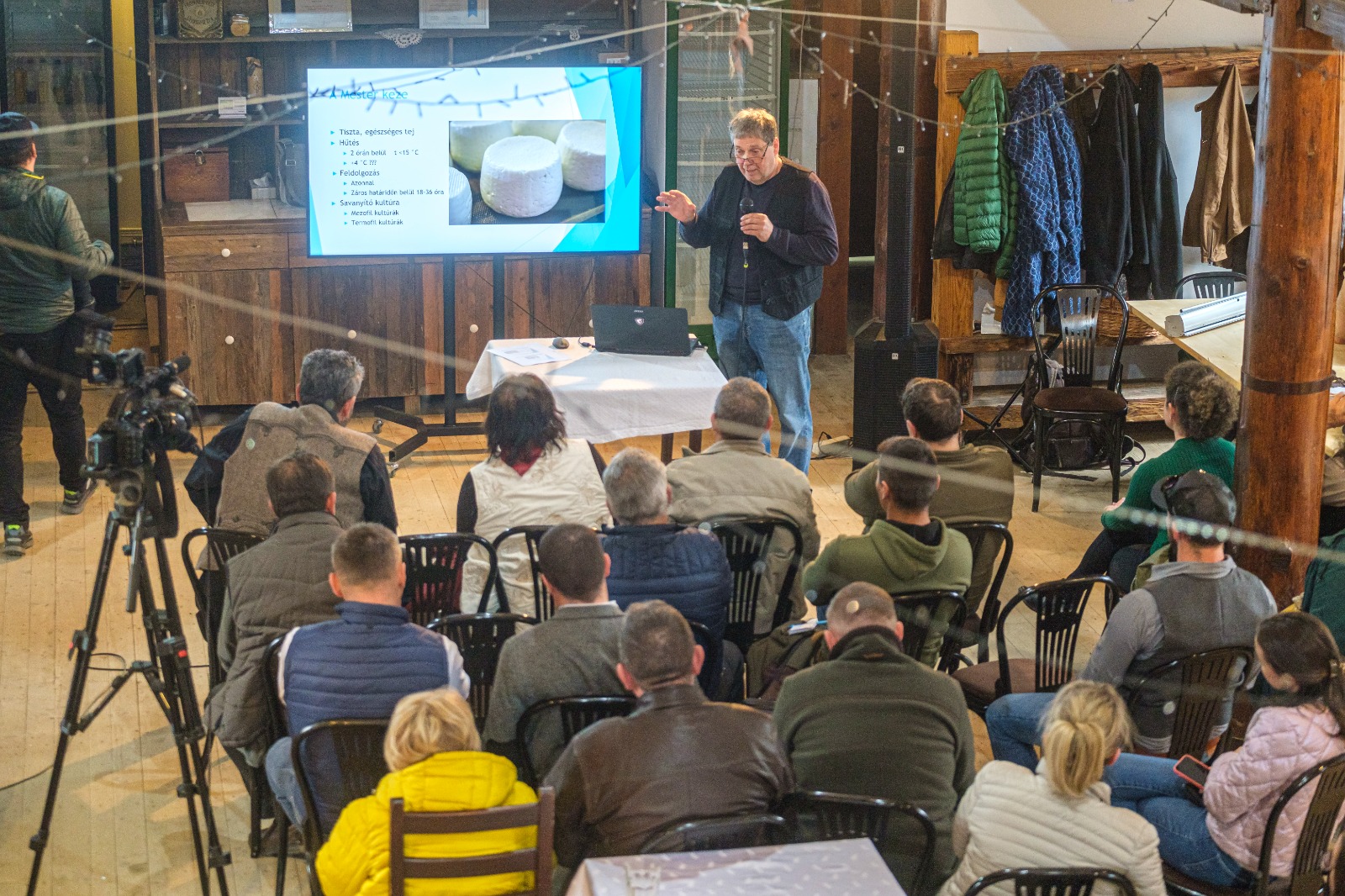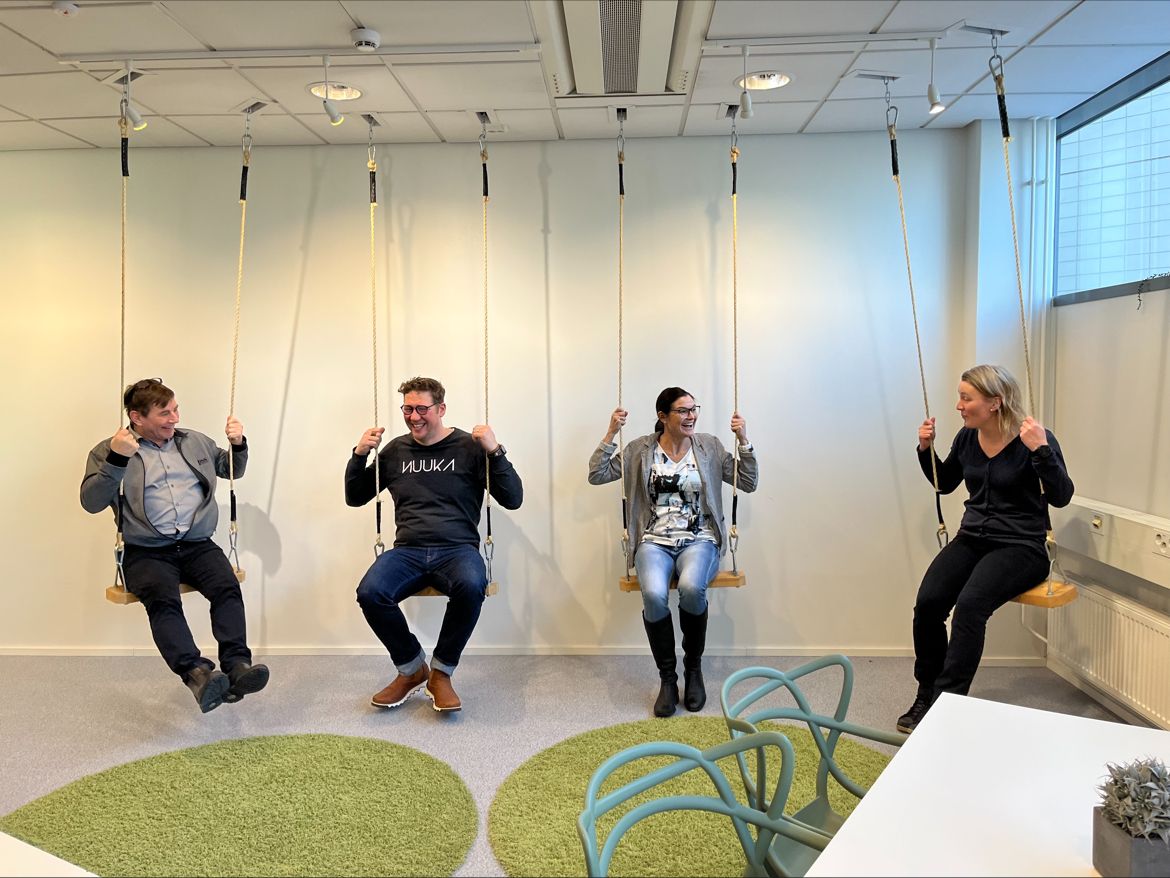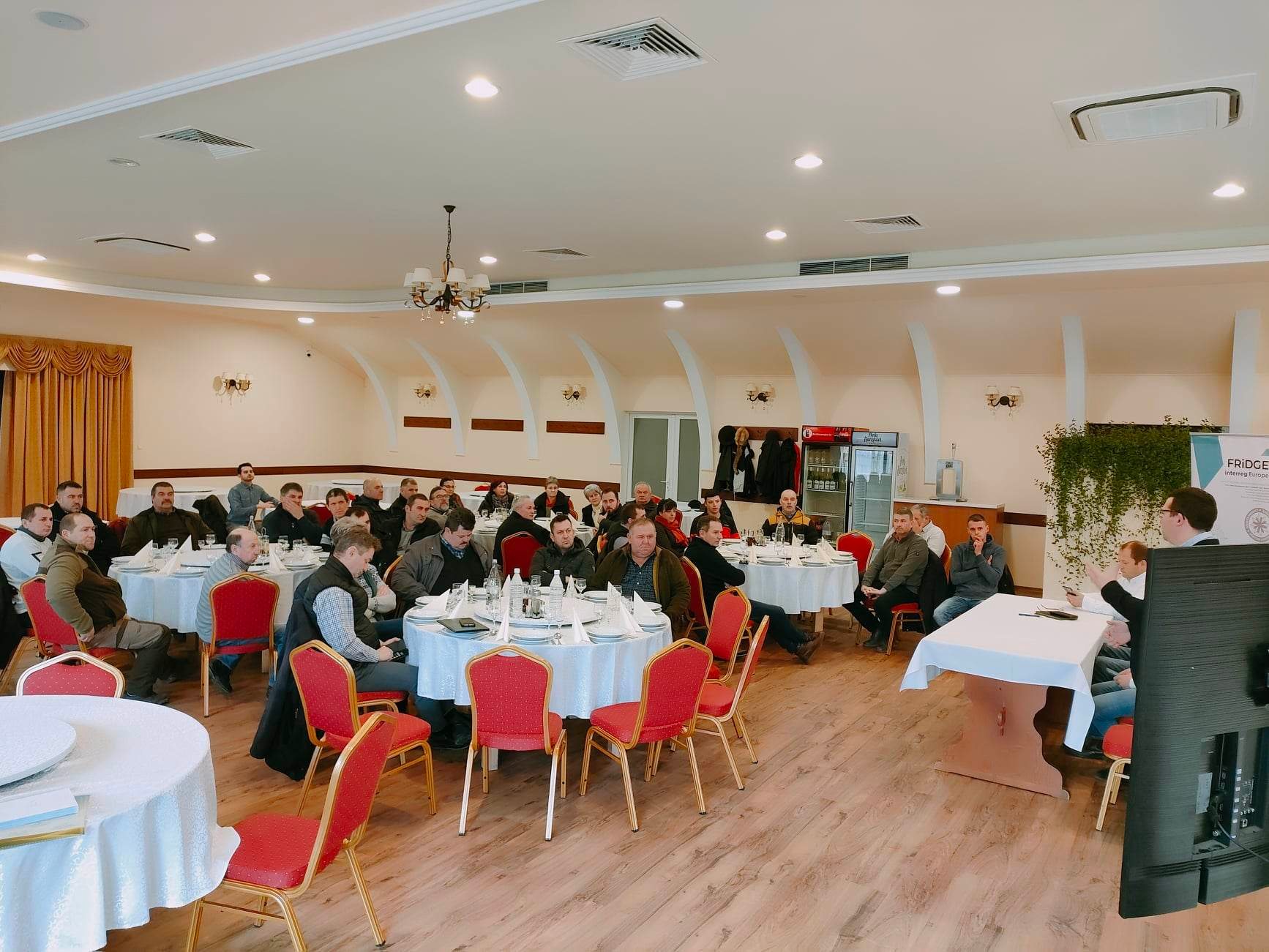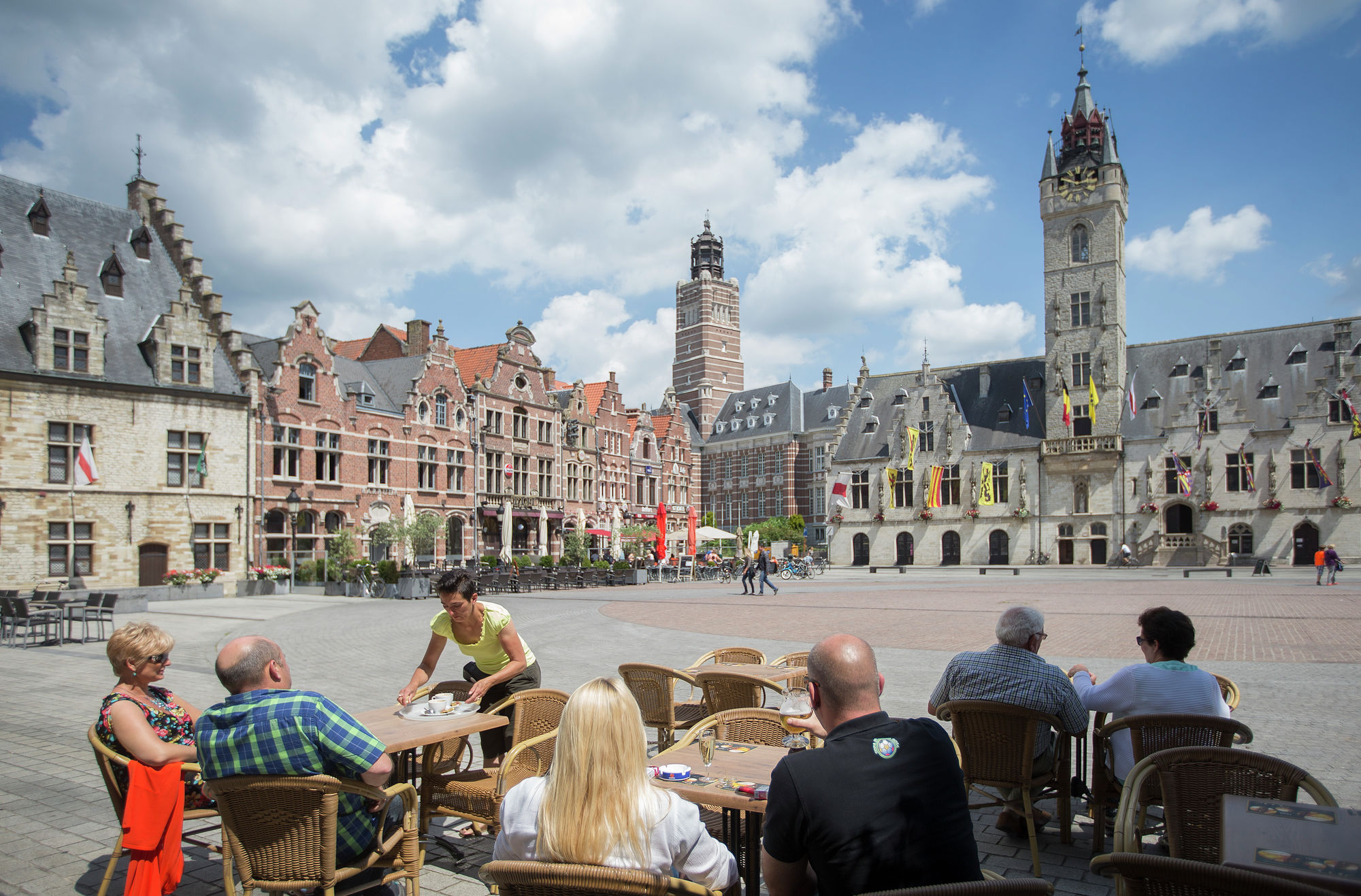Meeting and exchanging experiences with partners and stakeholders
During the first semester FRIDGE partners met first time in an interregional partner meeting in Szekzsard, Hungary hosted by our lead partner, Tolna County Development Agency. In the meeting the partners set path for the future cooperation and learned good practices about the food sector SME development in Tolna region. During the fall 2019 all partners set up their regional stakeholder groups and organised first meetings to introduce the project and discuss goals for the project.
The second interregional partner meeting and first study was held in East-Flanders, Belgium in mid-February just before the coronavirus hit Europe severely. A lot of good practices from East-Flanders were presented for the partnership from marketing and exporting to food innovations and product development. Read more about the lessons learned from the partner meeting here.
Analysing the Regional Food Industries and SME support systems
Besides the regional and interregional meetings the project partners have been busy working with three separate studies that aim at recognizing shared interests and good practices between the partners.
The studies are the following:
- Regional Analysis on Food and Drink Sector
- Self-Assessments on Regional policies and SME support system
- SME Survey addressing barriers and drivers to market innovation and productivity
Regional Analysis on Food and Drink Industries
The first study taking place was prepared and structured by our German partner KErn. In the analysis partners described more in detail the key data and figures about the sector, distribution and marketing channels, the technological and RDI environment and SWOT-analysis.
An analysis of the regional food and beverage industry is important for the correct targeting of the project adapted to the region. The basic idea behind the preparation of this data collection was that the project partners should expand and deepen their knowledge through data research. Through communication with the local food industry, further relationships are also established.
The reports were finished by each partner during spring 2020 and can be read on the FRIDGE project website libraries here.
Self-Assessment on Regional Policies and SME Support System
The second study focused more on assessing the regional policies and support systems dealing with food sector SME development. The study was structured and coordinated by our partner from Greece, University of Western Macedonia.
The Self-Assessment on Regional Policies was based on two main pillars:
- Main financial instruments – policies that support SMEs of food and drink sector
- Key actors of the support system whose position and interactions are critical for the subject of the project
In addition, a Self-Assessment Tool (SAT) was developed as the final step in the assessment of the support system and the regional policies. The assessment was formulated as a questionnaire in which questions were responded under five key areas: 1. Structure of the support system, 2. Functions of the support system, 3. Dynamic tailoring, 4. Navigating the support system and 5. Assessment and monitoring of effectiveness.
All partners completed the studies during the spring and next a comparative examination of the self-assessment of the regional policies, the territorial needs and the actual state of the food industry will be developed.
The examination will provide a general overview on the current processes and developments in the partner regions and give insights in which departments EU food industries should improve and what should be addressed and presented to the stakeholders and the sectoral publicity.
All partner reports are uploaded in the FRIDGE project website libraries here.
SME Survey on productivity and market innovation
The third key study in the project has been a survey addressed for food and drink SMEs in each region. The responsible partner in the creation of the survey has been The Economic Council of East-Flanders from Belgium who has collaborated with experts from Ghent University.
With this European interregional survey, the project partners will gain insights into the challenges of the food industry. The survey has been conducted in 6 European regions, with a total sample of at least 120 companies. The aim is to get insights into the drivers of productivity, the role of regional governmental support for innovation and barriers to market innovation.
The experts from Ghent University will perform a region-wide analysis focusing on the challenges. The 3 above-mentioned drivers (productivity, regional government support and market innovation) will be the pillars of the analysis.
The analysis should lead to the identification of challenges and capacity building needs for European SMEs active in the food industry. Ghent University will provide a report in which it presents, among others, the major results and conclusions of the study.
